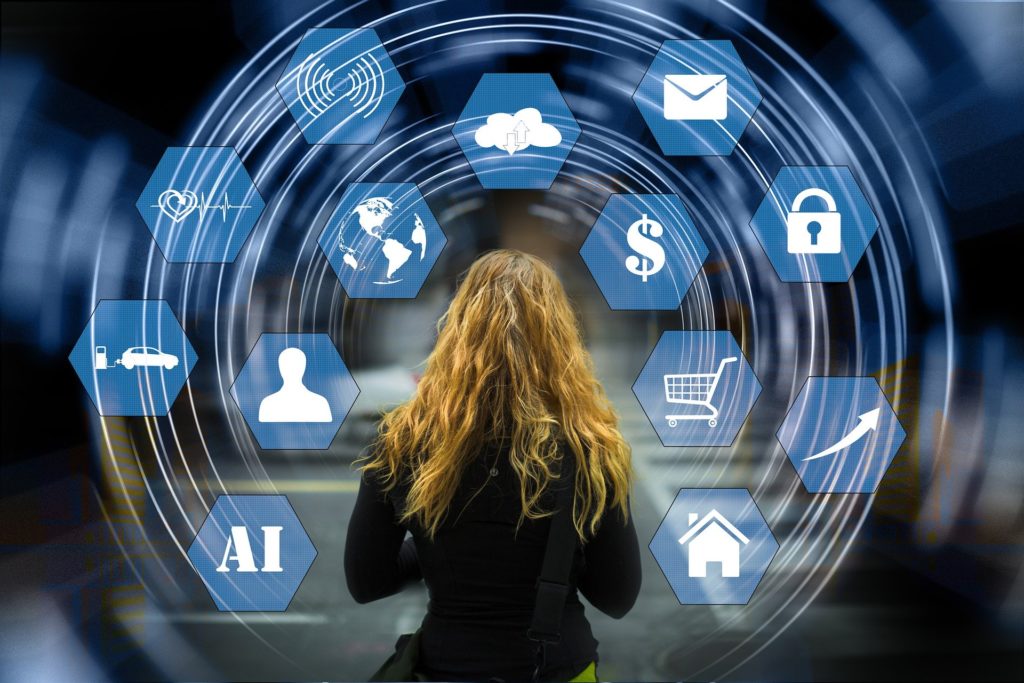
By now, you’ve probably heard a lot of great things about Artificial Intelligence. AI is helping many companies and people to do their jobs better, faster, and smarter. As technology continues to improve, we are moving into an era of unprecedented opportunity. AI is allowing businesses to operate at a different level than ten or even five years ago. However, there are some risks associated with AI – and chances are you haven’t heard as much about those. Are there any downsides to leveraging this new technology? Here are some things to think about when it comes to the darker side of AI.
On a basic level, AI is the practice of building machines that can think and behave intelligently. Google’s algorithms or the technology behind self-driving cars are examples. While we continue to make strides in this area, we haven’t reached the level of super-intelligent machines. However, some people believe society is not far off from those achievements. Subsequently, there are massive legal, political, societal, financial, and regulatory considerations.
Safety Precautions
The most pressing concern – and the one that affects most people – is around processes that ensure the safety of our society. For example, if AI is responsible for ensuring the operation of our power grid and the system either went haywire or was hacked by an enemy, there would be massive implications for our society. Similarly, AI programmed to do dangerous tasks (such as weapons) poses huge risks. Consider the nuclear arms race – it’s possible that in the future, a global autonomous weapons race will be the biggest threat. Weapons like this are likely to be challenging to disarm or dismantle; operating them in the wrong hands could be truly deadly.
Privacy and Security Concerns
In more day-to-day instances, AI concerns revolve around privacy and security. Since cameras are almost everywhere and facial recognition programs have gotten very sophisticated, you can assume that your activities can be viewed online and in your daily life. “Big brother” will be able to watch – and track and analyze – your behavior. China is in the process of implementing a social credit system 1 , which analyzes an individual’s behavior and scores their trustworthiness based on factors like what they view online, if they jaywalk, etc. People with a high score will get perks like discounts on energy bills or better interest rates at banks. Both business and government will need to walk a fine line when it comes to leveraging this knowledge to make decisions that affect people.
Setting the Right Goals
As more businesses pursue AI, it’s increasingly important to ensure that your own company goals are closely aligned with the machines. It’s essential to make sure that human factors and judgment are accounted for. For example, a manufacturer developing a self-driving car might allow the driver to say, “Get me to the hospital as quickly as possible.” How will that be interpreted? Naturally, the car could go faster if it skipped roads and drove through a yard, for example. It will also be key that businesses don’t let discrimination creep into decision-making since their access to data will be enhanced. For instance, banks who collect several layers of information will need to ensure that no one is being denied access to a loan based on factors that are currently illegal to consider.
There are many implications of AI on a basic level and also on a massive macro-economic scale. Tools such as predictive advertising are helping companies be more efficient and profitable, but are there larger consequences that we haven’t foreseen yet? Only time will tell.
1 China’s Terrifying “Social Credit” Surveillance System Is Expanding by Melissa Locker